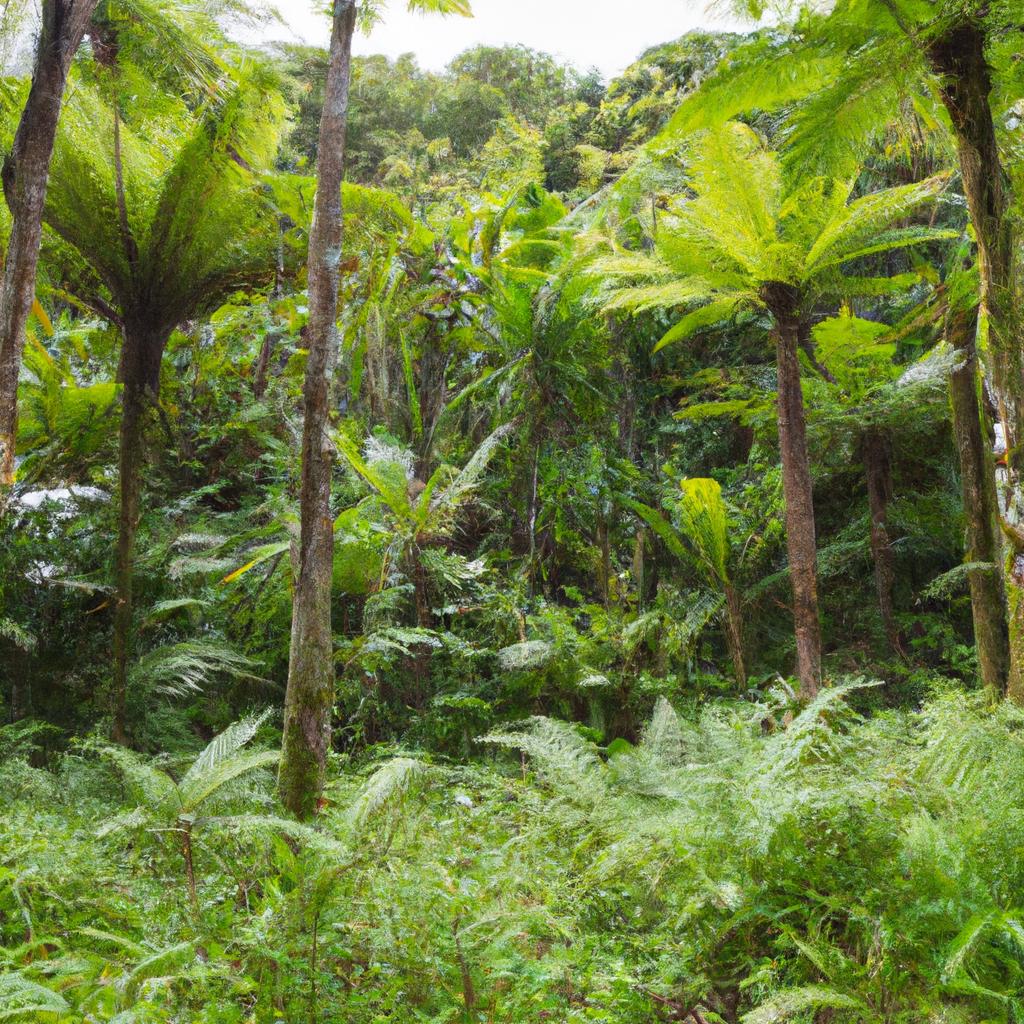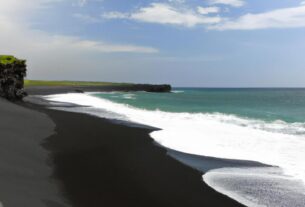Have you ever heard of North Sentinel Island? Step into the intriguing world of this remote island in the Bay of Bengal, located within the Andaman and Nicobar Islands territory of India. Prepare to delve into the history, current situation, and the imperative need to understand and respect the unique culture and environment of this extraordinary place.
A Remarkable History and Exquisite Isolation
To truly appreciate the significance of North Sentinel Island, one must understand its captivating history. This island has remained isolated from the outside world for thousands of years, serving as the home of the Sentinelese tribe for an astonishing estimated 60,000 years. Although the first recorded encounter with the tribe occurred in the late 18th century, attempts at contact have been met with hostility and even violence.
In recent years, the Indian government has implemented strict regulations to protect the Sentinelese and their way of life. These measures aim to preserve the cultural and environmental integrity of the island. Notably, the island gained global attention following the tragic death of American missionary John Allen Chau in 2018, who tragically attempted to visit the island with the purpose of spreading Christianity.
The Geography and Splendor of North Sentinel Island
Description of the Island’s Location and Size
Situated approximately 50 kilometers west of Myanmar’s southern tip and 1,300 kilometers east of the Indian mainland, North Sentinel Island nestles within the Bay of Bengal. It encompasses a total area of roughly 72 square kilometers, forming part of the Andaman and Nicobar Islands territory of India.
Overview of the Island’s Geography and Terrain
This coral atoll with a low-lying terrain captivates visitors with its mesmerizing beauty. With the highest point peaking at a mere 100 meters above sea level, the island boasts a unique setting. Encircled by a protective fringing reef, North Sentinel Island remains sheltered from the relentless onslaught of waves and erosion.
Cloaked in dense forests, the island’s rocky outcrops and pristine beaches create an idyllic landscape. This isolation has fostered the evolution of remarkable plant and animal species, including the captivating Nicobar megapode, a ground-dwelling bird exclusive to the area.
The Importance of Isolation
The isolation of North Sentinel Island has played a pivotal role in preserving the Sentinelese culture and the remarkable environment. For thousands of years, the tribe has thrived on this island, relatively untouched by external influences. Recognizing the paramount significance of maintaining this isolation, the Indian government has strictly regulated access to the island. By doing so, the Sentinelese can continue their age-old traditions without disturbance from modern society’s impact.
A Treasure Trove of Cultural Heritage
A History of Isolation
North Sentinel Island boasts an intriguing and extensive history dating back thousands of years. Descendants of the first humans to migrate from Africa to Asia, the Sentinelese have resided on the island for an impressive 60,000 years. Their isolation from the world has been fiercely guarded, with recorded encounters only occurring in the late 18th century during British explorations.
Understanding Sentinelese Culture and Beliefs
Despite their isolation, the Sentinelese have crafted a rich and distinctive culture. Their unique language, unrelated to any known tongue, binds them in tight-knit communities. Skilled hunters and gatherers, they rely solely on the island’s natural resources for survival.
Enigmatic and mysterious, Sentinelese spiritual practices remain largely unknown. Scholars believe they practice animism, a belief system that ascribes spirits to all living entities, including ancestral spirits.
Respecting North Sentinel Island’s Cultural Heritage
Respecting and safeguarding the Sentinelese cultural heritage stands as an absolute necessity. Recognizing the importance of this preservation, the Indian government has enacted stringent regulations, making any attempt to contact the Sentinelese illegal. The tragic demise of American missionary John Allen Chau stands as a poignant reminder of the gravity of these restrictions. It is imperative to acknowledge and respect their distinct culture and way of life, refraining from imposing external beliefs that may cause harm. By valuing their autonomy and right to self-determination, we can ensure the Sentinelese continue to live in harmony on their island.
Current Status and Ethical Considerations
Overview of Current Status and Visitation Restrictions
North Sentinel Island remains inaccessible to visitors, and with good reason. The Sentinelese lack immunity to common illnesses, making them vulnerable to diseases from the outside world. The island’s treacherous waters and remoteness make it perilous to even the most experienced travelers.
To protect the Sentinelese and maintain their isolation, the Indian government strictly prohibits visits. A statement issued after John Allen Chau’s death in 2018 emphasized the need to respect the island’s autonomy and maintain a distance.
Discussion of Controversies Surrounding the Island
North Sentinel Island’s recent controversies revolve around the tragic events triggered by John Allen Chau’s ill-fated expedition. The American missionary’s attempt to spread Christianity on the island in 2018 resulted in his demise, a grim reminder of the Sentinelese’s hostility towards outsiders. This incident sparked debates surrounding the ethics of contacting isolated tribes, highlighting the perils of imposing foreign beliefs and values on others. The incident also underscored the need to respect the safety and autonomy of the Sentinelese and other isolated communities.
Importance of Respecting the Island’s Autonomy and Safety
North Sentinel Island is neither a tourist destination nor a conquest waiting to be conquered. The Sentinelese have made it unequivocally clear that they desire to be left alone and possess the right to choose with whom they interact. Initiating contact not only jeopardizes their safety, exposing them to disease and violence but also infringes upon their autonomy and right to self-determination.
As visitors and outsiders, we must honor the visitation restrictions and acknowledge the value of preserving the Sentinelese way of life. Through this respect, we can ensure this unique and isolated culture remains protected for generations to come.
Preserving the Environmental Jewel of North Sentinel Island
Unique Ecosystem and Biodiversity
North Sentinel Island’s allure extends beyond its cultural significance, encompassing a rich biodiversity and a captivating range of wildlife and plant species. The island’s isolation nurtures distinct ecosystems, making it an invaluable environmental asset. Abundant coral reefs, thriving mangrove forests, and tropical rainforests harbor numerous species, some of which are endangered or exclusive to the island.
Threats to the Island’s Environment
Although isolated, North Sentinel Island is not impervious to environmental threats. Climate change, pollution, and human activities endanger the island’s natural resources. Rising sea levels and more frequent natural disasters imperil the coral reefs and mangrove forests. Illegal fishing and hunting by intruders also endanger various wildlife species, including sea turtles, dugongs, and diverse bird populations.
Preserving the Island’s Natural Resources
Preserving the environment of North Sentinel Island remains crucial to safeguarding its unique biodiversity and ensuring the longevity of its ecosystems. The Indian government has taken steps to protect the island, such as banning commercial fishing and implementing strict regulations pertaining to tourism and scientific research. However, a more comprehensive approach is required to combat the threats posed by climate change and pollution.
In conclusion, North Sentinel Island represents a captivating realm of cultural and environmental significance. Its mysterious past and present stir curiosity, underscoring the need to understand and respect the Sentinelese culture and the island’s isolation. Likewise, preserving the island’s natural resources safeguards an extraordinary world of biodiversity. At TooLacks, we advocate raising awareness about the imperative nature of preserving natural resources and respecting the autonomy of indigenous communities. By delving into the story of North Sentinel Island, we enrich our understanding of the world and contribute to a sustainable future.
To learn more about TooLacks, visit TooLacks.



